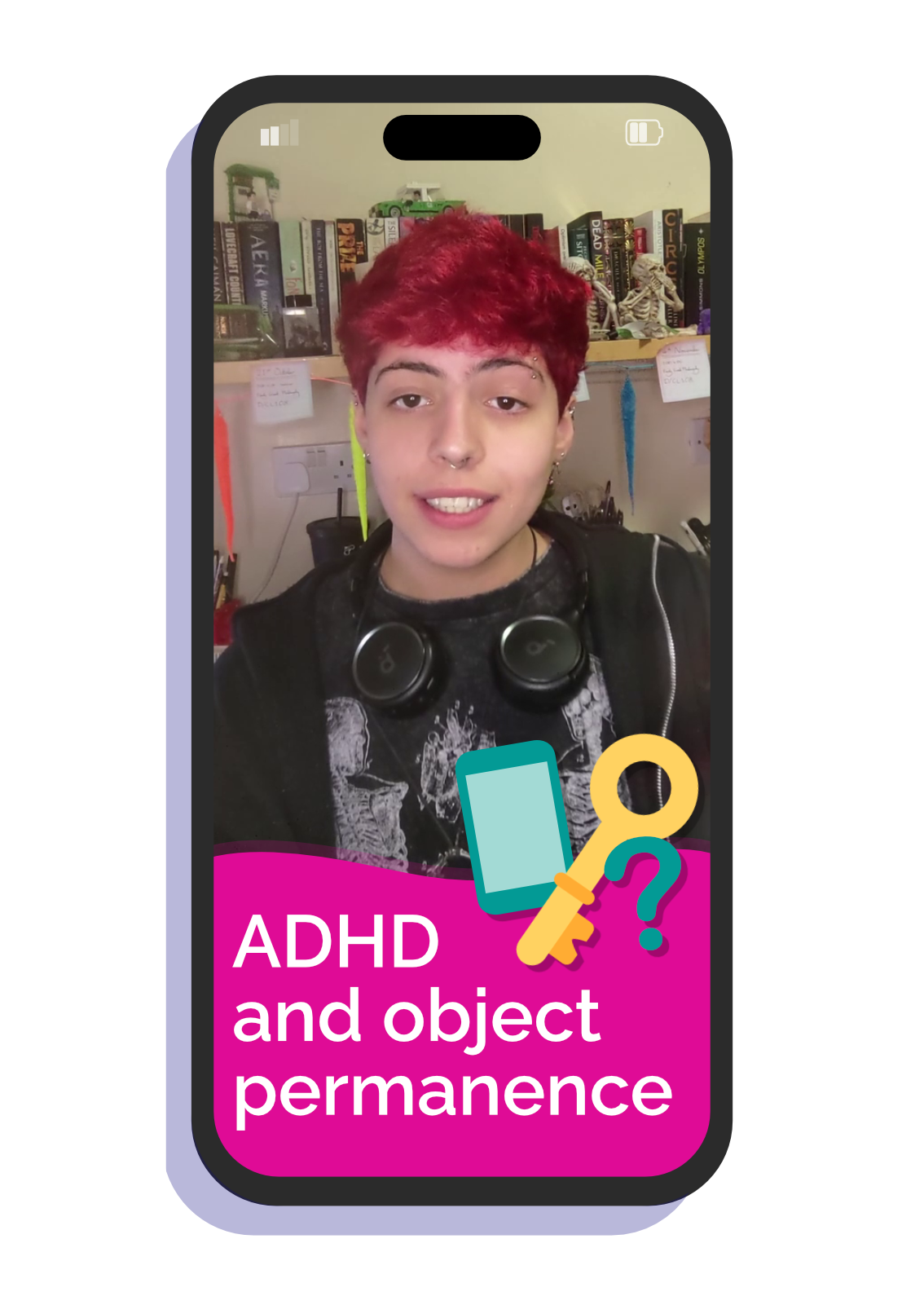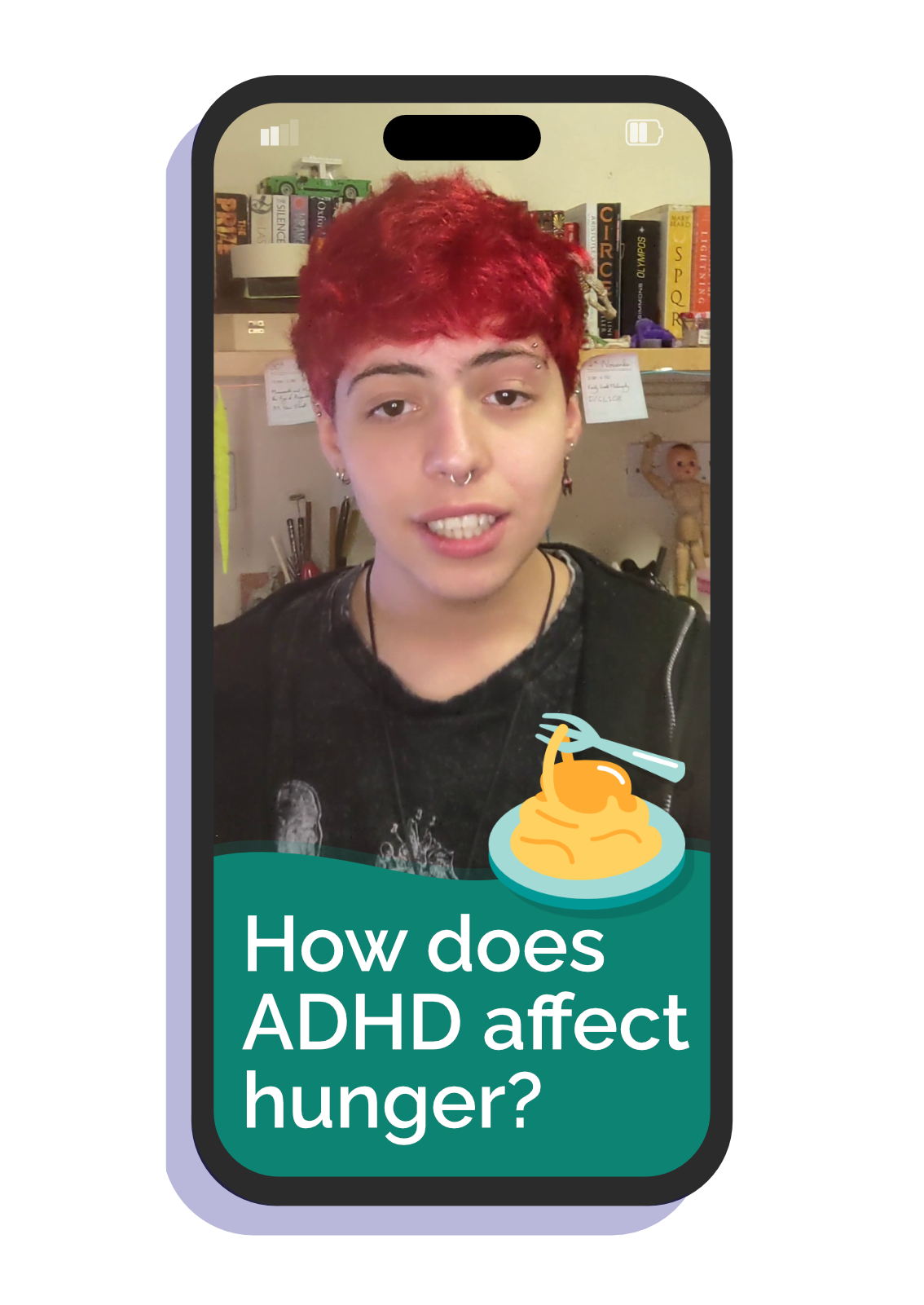Resource Pack: Neurodiversity
Understanding and celebrating neurodiversity is essential for creating inclusive, supportive classrooms where every student can thrive. This resource pack brings together a collection of Peerscroller videos focusing on ADHD, autism, and dyslexia - all designed to help learners better understand how to support their neurodivergent peers.
This pack will break down misconceptions, build inclusive friendships, and foster a school culture where everyone’s differences are recognised and valued.
Whether used to support staff training or as part of PSHE lessons, this pack is a valuable tool for promoting awareness, reducing stigma, and equipping both teachers and students with the knowledge and confidence to support neurodivergent individuals effectively.
ADHD can make it difficult for students to start, sustain, and complete tasks, often because of challenges with attention, object permanence, and feeling overwhelmed by larger projects. This video breaks down simple, actionable tips - from putting items away immediately, to breaking tasks into smaller, more manageable steps, and using immediate rewards to boost motivation.
This video offers practical strategies for communicating effectively with autistic students; small adjustments can make a big difference. By modelling clear, direct communication, teachers can help autistic students feel more comfortable, confident, and understood - and encourage peers to communicate with kindness and clarity too.
Many dyslexic individuals experience visual stress, where text can blur, move, or become harder to process on a white background. Coloured filters help ease these symptoms, making reading more comfortable and improving focus. Understanding the reasons behind these tools helps teachers support dyslexic students and normalise helpful adjustments.
This video explores the impact of ADHD on object permanence and offers practical tips to help manage it. People with ADHD often struggle to remember or think about things that aren't in immediate sight, which can lead to misplacing items like keys, forgetting tasks, or losing track of important actions. By understanding how ADHD affects memory and awareness, teachers can offer strategies to help students stay organised and reduce frustration.
In this video, we explore how ADHD can affect hunger and eating habits, providing useful insights for teachers. Students with ADHD may struggle to recognise hunger cues, leading to irregular eating patterns or difficulty focusing during lessons. Understanding this can help teachers offer support by being mindful of when students may need breaks or snacks to stay focused.








